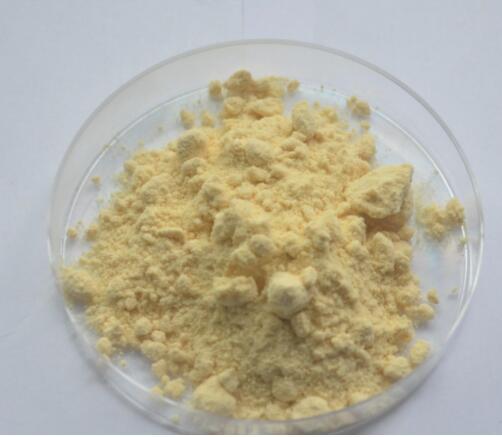High Quality Phosphatidylserine
Time:2024-06-11
The usage requirements for high-quality phosphatidylserine primarily depend on individual circumstances and needs. Below are some common usage guidelines categorized by different user groups:
1.Healthy Adults:
·Recommended dosage: 100 mg to 200 mg per day.
·For enhancing brain function, improving memory, or promoting mental agility, the dosage can be increased to 300 mg per day.
2.Elderly:
·Recommended dosage: 100 mg to 150 mg per day.
·Phosphatidylserine helps improve cognitive function and memory decline in the elderly.
3.Pregnant and Lactating Women:
·Use with caution and under the guidance of a physician.
·Generally, the daily dosage should not exceed 200 mg.
4.Children:
·Dosage should be determined based on age and weight. The recommended dosage is 20 mg to 50 mg per day.
·Specific dosages should be adjusted according to a doctor's advice.
5.Athletes and Fitness Enthusiasts:
·A relatively higher dosage is suggested, between 300 mg and 500 mg per day.
·Phosphatidylserine helps enhance brain function, increase attention and reaction times, and promote muscle growth and recovery.
6.Individuals with Neurasthenia:
·Dosage can be appropriately increased to between 500 mg and 1000 mg per day.
·Specific dosages should be adjusted according to a doctor's advice.
7.Individuals with Memory Decline:
·The recommended dosage is 200 mg to 400 mg per day.
Specific dosages should be adjusted according to a doctor's advice.
8.Menopausal Women:
·The recommended dosage is 150 mg to 250 mg per day.
·Specific dosages should be adjusted according to a doctor's advice.
9.Patients with Depression:
·The recommended dosage is 300 mg to 500 mg per day.
·Depression patients using phosphatidylserine should closely monitor mood changes and any side effects.
10.Patients with Alzheimer's Disease:
·The recommended dosage is 300 mg to 400 mg per day (note that this number may vary based on different sources or specific studies).
·Specific dosages should be adjusted according to a doctor's advice.
In addition to the specific usage requirements for different groups, there are some general precautions:
·Follow the advice of a physician or nutritionist when using phosphatidylserine and do not self-adjust the dosage.
·Although phosphatidylserine is a natural nutrient, potential allergic reactions or adverse effects should still be considered.
·Special groups (such as pregnant women, lactating women, and children) should use it under the guidance of a physician.
·Phosphatidylserine is used in various fields, including food, health supplements, and medicine. When using it, ensure the product's quality and source for safety and efficacy.


 CN
CN





